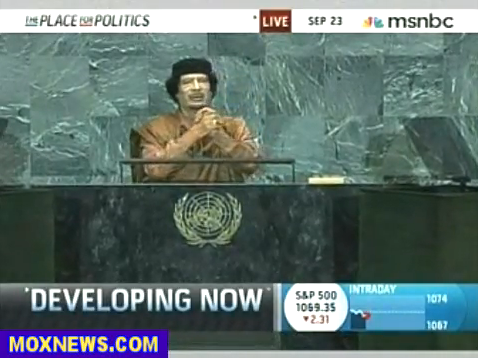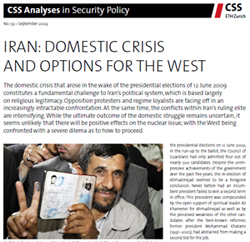
Today, 2 October, in an event likely to be a defining moment in the slow evolution of the European Union, the Irish are voting in a second referendum over the fate of the Lisbon Treaty. The Treaty, which aims to transfer more power to the EU and to streamline operations to match the new challenges faced by the Union as one unity, was rejected last year in Ireland in a campaign that brought emotive issues such as abortion into a debate over a legal document riddled with Euro jargon. The ingenious motto of the ‘No’ camp was, befittingly, “If you don’t know, vote no.” It was more like, “If you don’t know- we’ll invent something for you”.
There were more than a few muted smiles around, particularly among Conservatives in neighboring England, when the Treaty was rejected. A pet project of more Eurocentric nations like France and Germany, the Treaty was received with hostility in smaller countries, and in traditionally Euroskeptic circles, where fears of political unaccountability and loss of control dominated EU-related debates.
But Europhiles persisted and pushed Ireland to think again. Bullying or not, the Irish were encouraged to reconsider and seem to have changed course. With familiarity comes acceptance and with acceptance a sense of purpose more in line with the majority of member states that have already, mostly through parliamentary ratification, accepted the Treaty’s status as the foundation of a new and improved Union.
Although much still depends on the staunchly Euroskeptic Czechs (their president more specifically) and possibly a soon-to-be Tory government in Britain (general elections there are set for the first half of 2010), a ‘Yes’ vote would mark a dramatic U-turn for the Irish in terms of the majority’s views of the EU and its future.
What gives?




